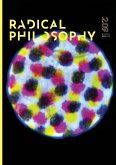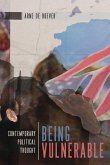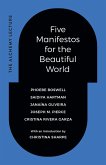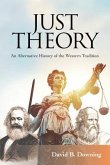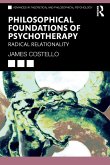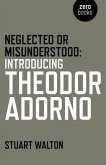"Readers will be surprised, stimulated, instructed, impressed."―The New Yorker From one of the world's most beloved and outspoken public intellectuals comes an illuminating book on the nature of criticism A "beginning," especially as embodied in much modern thought, is its own method, Edward Said argues in this classic treatise on the role of the intellectual and the goal of criticism. Said traces the ramifications and diverse understandings of this concept through history. A beginning is a first step in the intentional production of meaning. It's what sparks a break from preexisting tradition. It authorizes subsequent texts―it both enables them and limits what is acceptable. Drawing on the insights of Vico, Valery, Nietzsche, Saussure, Lévi-Strauss, Husserl, and Foucault, Said recognizes the novel as the major attempt in Western literary culture to give beginnings an authorizing function in experience, art, and knowledge. Said's insistence on a criticism that is humane and socially responsible is what makes Beginnings a book about much more than writing: it is about imagination and action as well as the constraints on freedom and invention that come from human intention and the method of its fulfillment.
Hinweis: Dieser Artikel kann nur an eine deutsche Lieferadresse ausgeliefert werden.
Hinweis: Dieser Artikel kann nur an eine deutsche Lieferadresse ausgeliefert werden.


